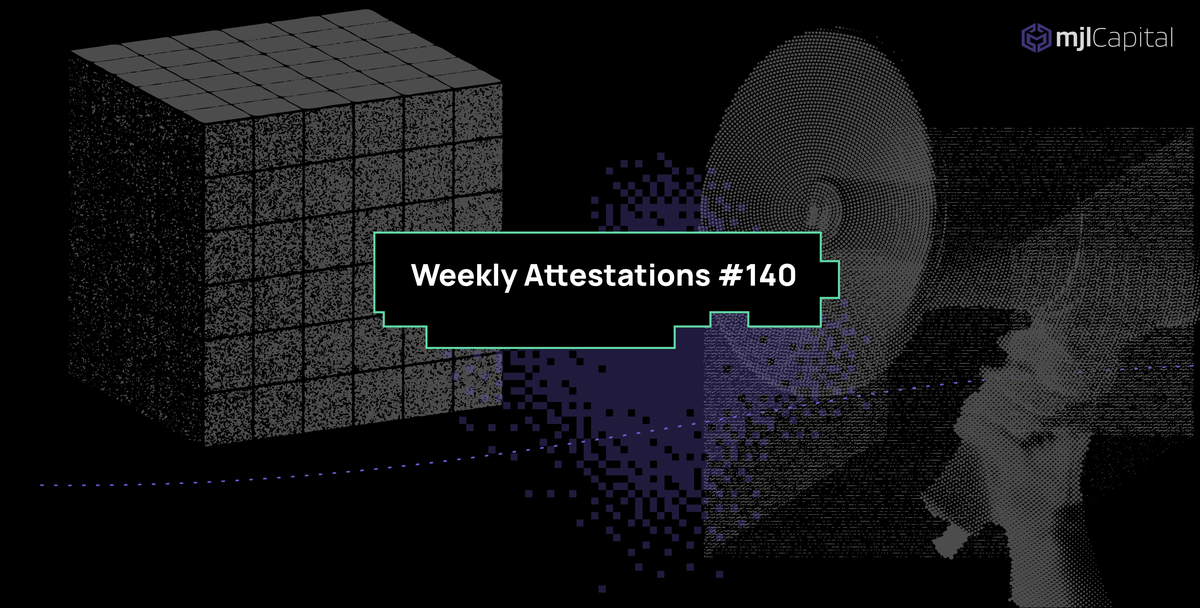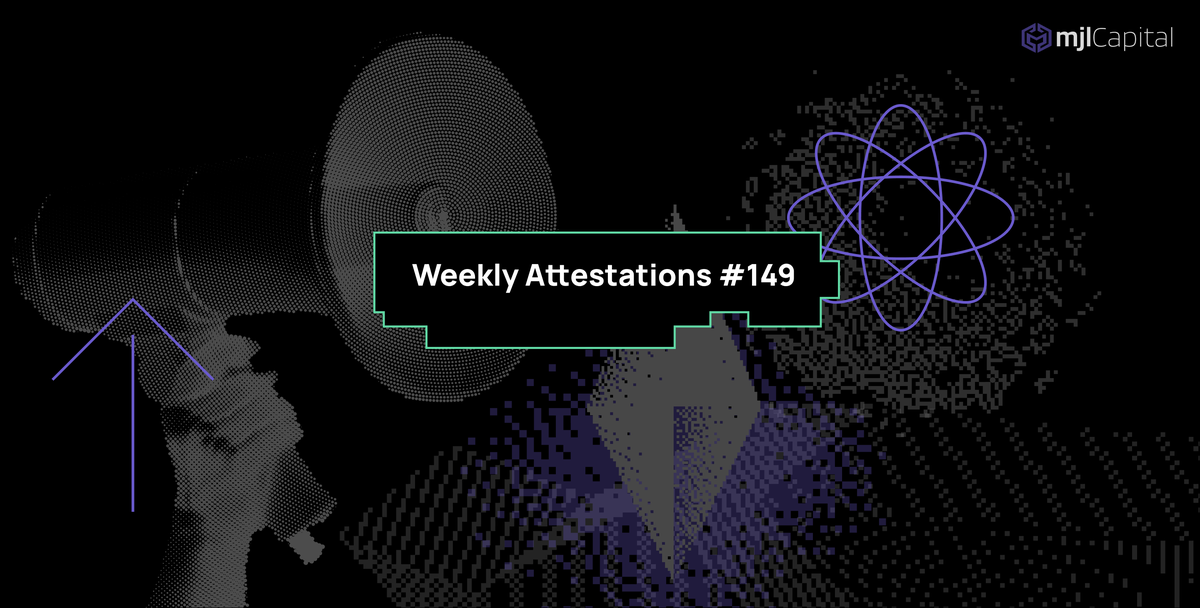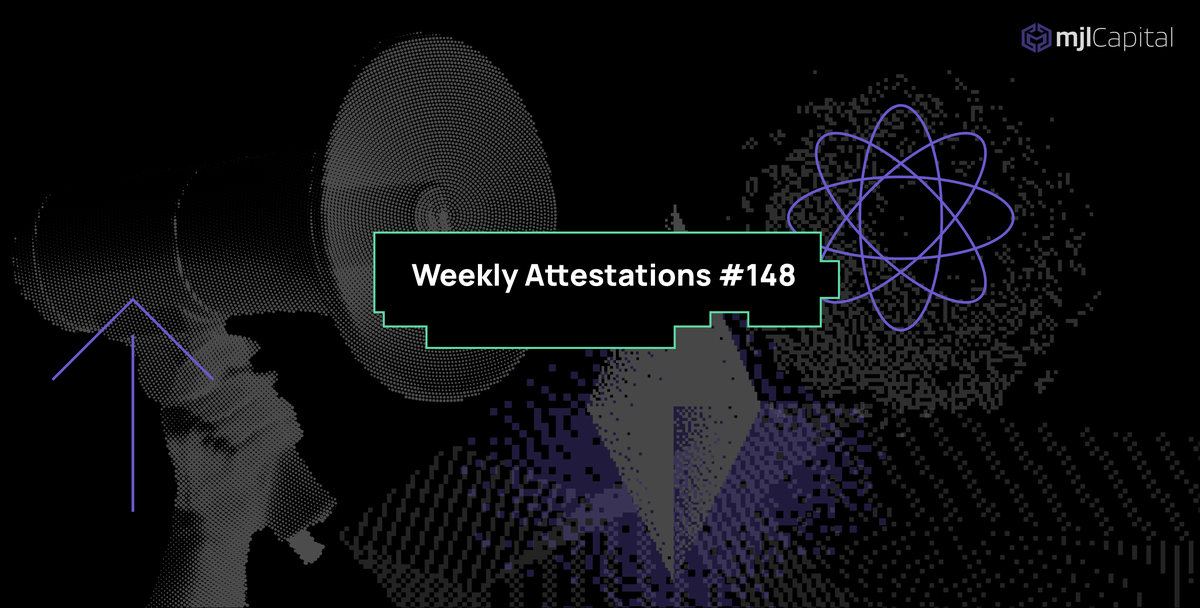Top Stories
Ethereum’s Validator Queues Signal Growing Long-Term Confidence
Ethereum’s validator queues have surged, with around 1.5 million ETH waiting to enter staking and 2.45 million ETH queued for exit. The system’s built-in rate limits ensure stability by processing activations and withdrawals gradually, avoiding abrupt network shifts. While liquid staking protocols like Lido and Rocket Pool offer faster liquidity, many validators still choose native staking for greater control and reduced smart contract risk. This commitment requires locking 32 ETH per validator and accepting long wait times, slashing risks, and limited flexibility. The growing queues highlight Ethereum’s maturing ecosystem, where increasing institutional and individual confidence drives participants to stake capital for the long term, reinforcing the network’s role as the leading smart contract platform.
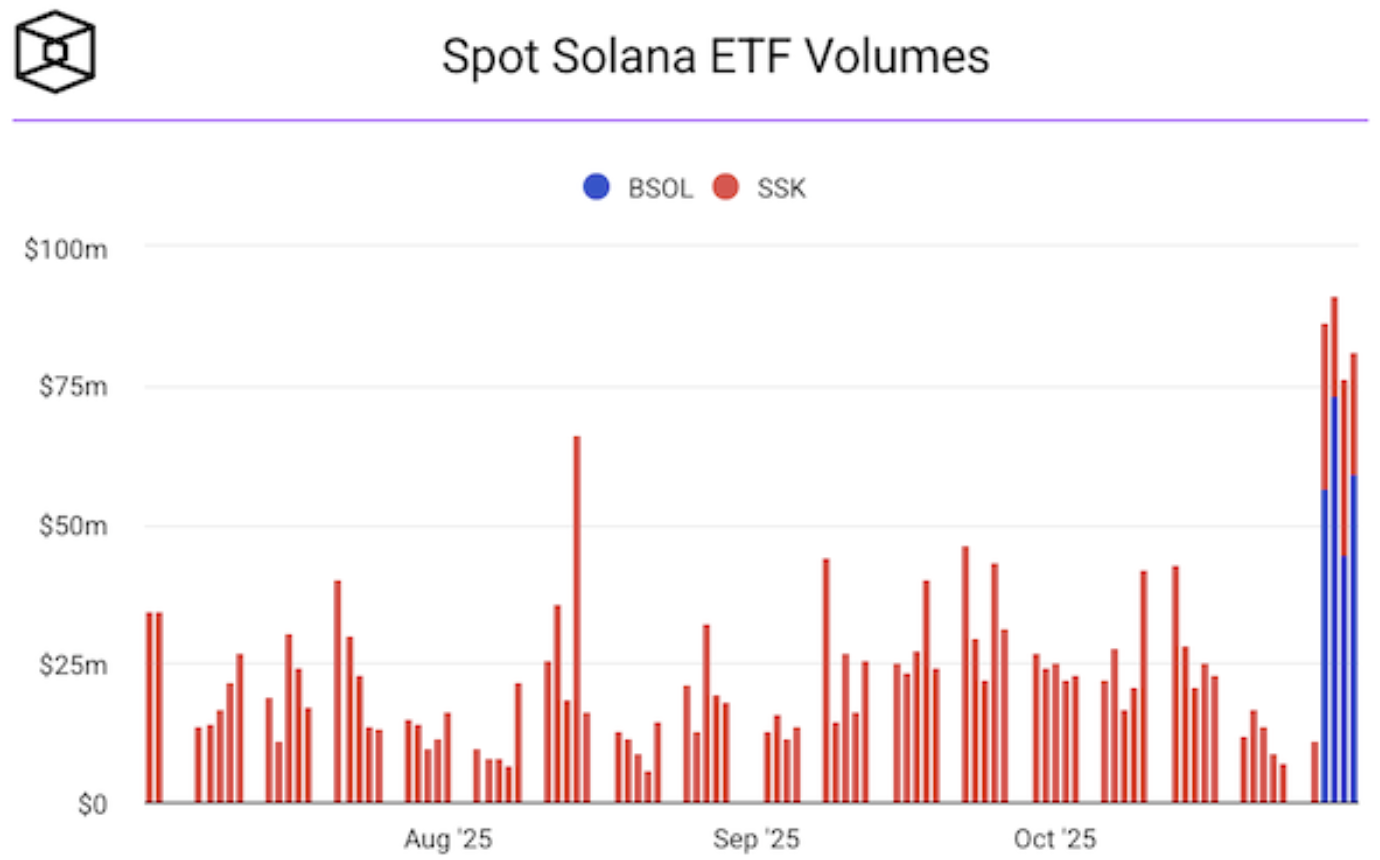
Source: Ethereum Validator Queue, The Block
Balancer Exploit Drains $128.6 Million Across Chains
DeFi protocol Balancer was hit by a major exploit that drained about $128.6 million in assets from its vaults across several blockchains. The attack targeted a vulnerability in Balancer V2’s Composable Stable Pools, allowing hackers to convert fake fee balances into real tokens like WETH and wstETH. Balancer confirmed the breach and paused all affected pools while emphasizing that Balancer V3 and other pools remain secure. Berachain validators also halted their network to perform an emergency hard fork to recover $12 million in related user funds.
Google Finance Adds Polymarket and Kalshi Prediction Data
Google Finance will soon feature real-time prediction market data from Polymarket and Kalshi, starting with Labs users in the coming weeks. The integration will allow users to explore market-implied odds for future events and track changes over time, effectively tapping into “the wisdom of the crowds.” Polymarket recently secured a $2 billion investment from Intercontinental Exchange at a $9 billion valuation, while Kalshi raised $300 million from Sequoia and Andreessen Horowitz at a $5 billion valuation. Despite Polymarket’s record activity in October, Kalshi has overtaken it in trading volume with $4.4 billion versus $3 billion last month. Polymarket is preparing a POLY token and airdrop, while Kalshi plans to expand across major crypto apps and exchanges within a year. Analysts say this signals prediction markets’ transformation into mainstream platforms for trading on global events and information.

Source: Dune
Lighter Challenges Hyperliquid in Perps DEX Wars with $9.5B Daily Volume
Lighter, a zk rollup-based perpetual futures DEX, has surged to prominence by generating $9.5 billion in 24-hour trading volume, capturing 21.1% of the market and nearly overtaking Hyperliquid’s 21.5%. The exchange verifies every trade and liquidation onchain using custom zero-knowledge proofs, cementing its reputation for transparency and scalability. Despite its high volume, Lighter’s open interest remains modest at 11%, compared to Hyperliquid’s 52%, raising questions about incentive-driven trading. Even so, with $1 billion in TVL, the highest 7-day average daily volume among peers, and Chainlink Data Streams as its oracle partner, Lighter is expanding into RWAs, forex, equities, and prediction markets. Its rapid rise signals intensifying competition among next-generation decentralized exchanges vying for long-term market leadership.
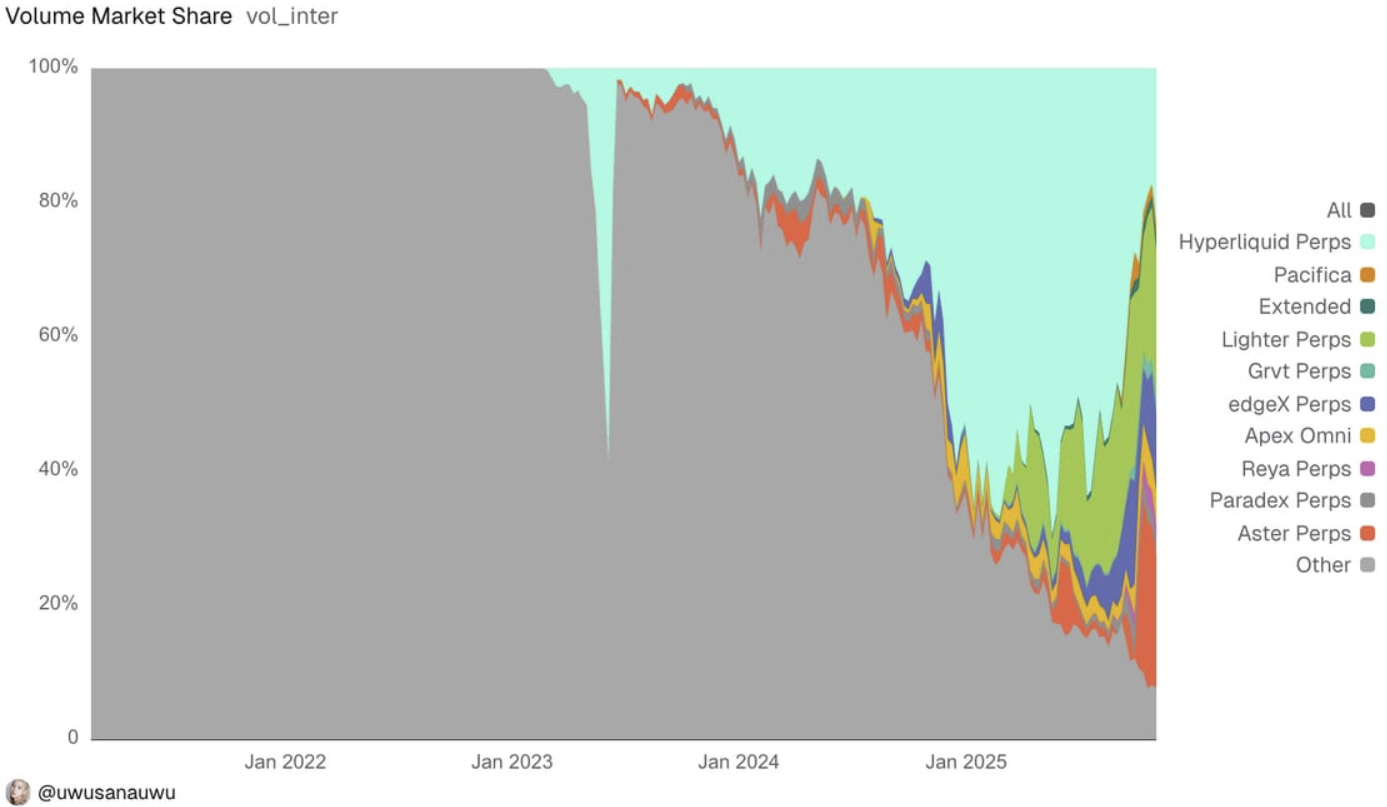
Source: Dune
Regulation
Tokenized Gold Surges Past $3 Billion as On-Chain Investors Seek Stability
Tokenized gold has quietly become one of the most valuable real-world assets on-chain, surpassing $3 billion in market value following gold’s new all-time high in October. Tether Gold (XAUT) led the surge after launching on Solana, doubling its TVL to over $2 billion since August, while Paxos Gold (PAXG) rose to $1.35 billion. The growth reflects a mix of yield-seeking DeFi users and crypto-native investors who prefer on-chain exposure over traditional brokerages. Integrations with protocols like Uniswap and Hyperliquid allow holders to earn yield while maintaining access to gold’s stability. Despite ongoing DeFi exploits that highlight systemic risk, XAUT and PAXG’s steady climb underscores the appeal of tokenized, yield-generating “safe haven” assets even as attention drifts to flashier tokenized equity projects.
Block’s Bitcoin Revenue Nears $2 Billion Despite Yearly Decline
Jack Dorsey’s Block reported $1.97 billion in bitcoin revenue for Q3, accounting for nearly one-third of its total $6.11 billion in revenue despite an 18% year-over-year drop. The company posted $461.5 million in net income, with gross profit up 18% overall, driven by strong growth in Cash App and Square. However, adjusted operating income and EBITDA came in below analyst expectations. Bitcoin remains Block’s second-largest revenue stream after subscriptions and services, with bitcoin costs falling to $1.89 billion and holdings of 8,780 BTC recording a $59 million paper loss. The firm continues expanding its bitcoin ecosystem, launching fee-free BTC payments for Square merchants alongside its BitKey wallet and upcoming mining hardware.
Ripple Raises $500 Million at $40 Billion Valuation Amid Expansion Push
Ripple secured $500 million in new funding at a $40 billion valuation from major Wall Street firms including Citadel Securities, Fortress Investment Group, and Brevan Howard. The raise follows XRP’s surge in July, its first all-time high in seven years, driven by optimism over potential U.S. spot ETFs. CEO Brad Garlinghouse called the investment a strong vote of confidence in Ripple’s XRP-based business model and future strategy. The company has recently accelerated expansion through major acquisitions, including Palisade for custody services and GTreasury for $1 billion to strengthen its financial software offerings. Ripple also launched a prime brokerage after its $1.25 billion purchase of Hidden Road, aligning with a more favorable U.S. crypto regulatory climate under President Trump.
Coinbase Urges Treasury to Limit GENIUS Act Rules to Congressional Intent
Coinbase has urged the U.S. Treasury Department to keep forthcoming GENIUS Act regulations narrowly aligned with congressional intent, warning that overreach could harm innovation and U.S. competitiveness. In its response, Coinbase stressed that Treasury should not extend the law’s reach to software developers, validators, or open-source protocols, and should apply the Act’s interest-payment ban only to stablecoin issuers. The exchange argued that loyalty programs or rewards should not be treated as prohibited interest payments, as doing so would contradict the statute’s language. Coinbase also recommended classifying payment stablecoins as cash equivalents for tax and accounting purposes, reflecting their fiat-like stability and function. The GENIUS Act, enacted in July 2025, establishes the first federal framework for stablecoins, requiring full dollar backing, annual audits, and rules for foreign issuers.
Other Domestic Regulation Updates
- Bybit and Backed partner to bring tokenized Nvidia and Strategy stocks to Mantle
- Trump Downplays Knowledge of Binance Chief After Pardon Linked to Family's Crypto Dealings
- Gemini prepares to offer prediction market contracts
Other International Regulation Updates
- Hong Kong to allow local crypto exchanges to access global liquidity pools
- Strategy proposes euro STRE share offering to fund future bitcoin buys
- FTX withdraws motion seeking to limit repayments in China, Russia and other restricted jurisdictions
- Kazakhstan to launch $1 billion crypto reserve fund using seized assets by 2026
- Romanian Regulator Blacklists Polymarket as 'Gambling That Must Be Licensed'
- Coinbase settles $24.7M fine in Ireland over transaction monitoring failures
- Samourai Wallet Developer Sentenced to 5 Years in Prison for Unlicensed Money Transmitting
- British Stablecoin Regime to Keep Pace With US, Official Says
Pain & Gain
Pain
- Stream Finance's external fund manager discloses $93 million loss
- Sequans dumps nearly a third of bitcoin holdings to pay down debt
- Bitcoin and Ethereum ETFs post $800 million in combined outflows amid 'extreme fear'
- Crypto Leverage Trading a 'Major Problem', Says Former FTX US President
- 'We Fucked Up': MEXC Exec Promises Changes After Blowup Over Frozen Crypto Millions
- Stream Finance faces $93 million loss, launches legal investigation
- Bitcoin Treasury Firm Bubble Comes Full Circle as Sequans Unloads BTC to Cut Debt
- Franklin Templeton Debuts Tokenized Money Market Fund in Hong Kong
Gain
- Monthly Ethereum stablecoin volume hits record $2.8 trillion in October
- Monad unveils airdrop and public mainnet date
- Robinhood’s Q3 trading revenue jumps 129% YoY, ‘primarily driven by cryptocurrency revenue’
- Ripple Teams up with Mastercard, WebBank, and Gemini to Bring Stablecoin Settlement with RLUSD to Improve Fiat Payments
Important Legal Notices
This reflects the views MJL Capital LLC (“MJL”), but it should in no way be construed to represent financial or investment advice. Nothing in this correspondence is intended to constitute or form part of, and should not be construed as, an issue for sale or subscription of, or solicitation of any offer or invitation to subscribe for, underwrite, or otherwise acquire or dispose of any security, including any interest in any private investment fund managed by MJL. Any such offer may only be made pursuant to a formal confidential private placement memorandum of any such fund, which may be furnished to potential investors upon request and which will contain important information to be considered in connection with any such investment, including risk factors associated with making any investment in any such fund. Further, nothing in this correspondence is, or is intended to be treated as, investment or tax advice. Each recipient should consult their own legal, tax and other professional advisors in connection with investment decisions.
Domenic Salvo is a Managing Partner at MJL Capital, helping lead Portfolio Research and Investor Relations.

